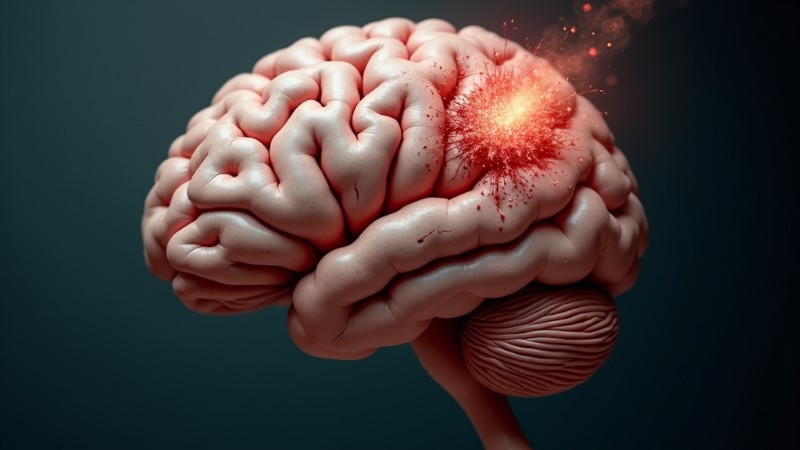Dementia is a term used to describe a group of conditions that lead to a decline in mental abilities, affecting memory, thinking, reasoning, and language. Alzheimer’s disease is the most common type, making up 60-80% of all dementia cases. As dementia worsens, it becomes harder for people to do everyday tasks, leading to memory loss, confusion, and difficulty concentrating.
These challenges can significantly lower the quality of life. Though there is no cure for dementia, various methods can help ease symptoms and improve the lives of those affected. One promising method is brain games, designed to keep the mind active and potentially slow the progression of symptoms.
These games help strengthen neural connections, improve memory, sharpen problem-solving skills, and enhance overall brain function.
Cognitive gains through brain games
Research shows that brain games can help improve cognitive abilities in people with dementia. A 2019 study looked at how a 16-week program combining physical and mental exercises, called “exergame” training, affected older adults.
The study found notable improvements in working memory and decision-making skills. Another study that year focused on computerized cognitive training for mild cognitive impairment, revealing an increase in brain gray matter, which may help maintain overall cognitive function.
These findings are especially important for dementia patients, who often face challenges with memory and reasoning. Various studies have explored the benefits of brain games for people with dementia, including a 2020 review on the use of serious games in dementia care.
The review categorized games into three types: board games, video games, and virtual reality games. Each type was found to offer specific advantages, such as enhancing short-term memory, reaction time, problem-solving, and communication skills.
It’s worth noting that research on how effective brain games are for dementia has mixed results. Some studies show these games can improve cognitive function, while others find no significant difference compared to other activities. This indicates that brain games might be useful in dementia care, but more research is needed to understand their true impact.
Even though the long-term benefits of brain games are still uncertain, they remain valuable for engaging and entertaining people with dementia. Activities like jigsaw puzzles, word puzzles, and card games are not only fun but also provide mental stimulation, which can help keep the brain sharp.
For instance, crosswords have been found to delay memory loss in early dementia by strengthening the brain’s ability to retain information. Similarly, jigsaw puzzles may improve cognition and potentially slow down the effects of aging or dementia.
Interactive solutions for dementia care
Beyond classic board and card games, video games and virtual reality games offer more ways to keep the mind sharp. Video games can be designed to improve specific skills like memory and reasoning, while VR games can boost both mental and physical abilities. These interactive games are especially helpful for people with early to middle-stage dementia, providing a fun and engaging way to stay mentally active.
Along with brain games, other activities can also support cognitive health in those with dementia. Reading, watching TV, listening to music, and creative hobbies like painting or playing instruments are all effective ways to stimulate the brain. Learning new skills, whether through classes, online tutorials, or self-study, can also help maintain cognitive function in older adults.
For people with severe dementia, simple activities like looking at photo albums, listening to familiar music, or talking about past experiences can bring comfort and mental stimulation. These activities help them stay connected to the present while allowing them to reminisce, which can be especially meaningful for those with advanced dementia.
As dementia affects millions of older adults worldwide, finding effective treatments and interventions is crucial. Although brain games are not a cure, they offer a valuable way to engage the mind, potentially slowing cognitive decline and improving the quality of life for those with dementia. Ongoing research in this field aims to discover new and innovative methods to enhance care and support for dementia patients and their caregivers.















